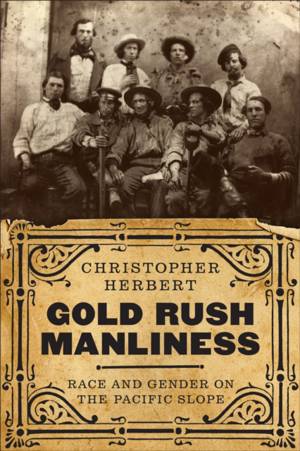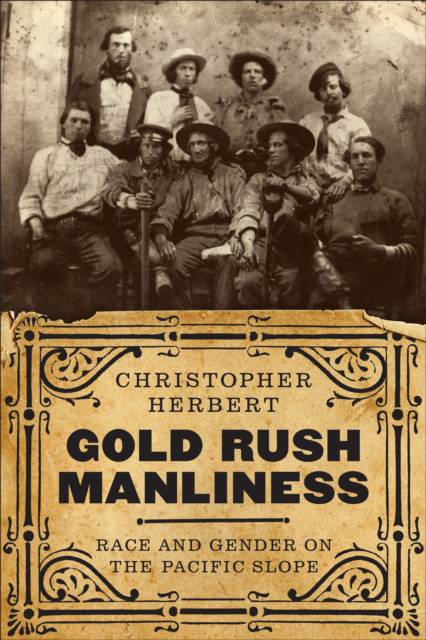
- Retrait gratuit dans votre magasin Club
- 7.000.000 titres dans notre catalogue
- Payer en toute sécurité
- Toujours un magasin près de chez vous
- Retrait gratuit dans votre magasin Club
- 7.000.0000 titres dans notre catalogue
- Payer en toute sécurité
- Toujours un magasin près de chez vous
Description
The mid-nineteenth-century gold rushes bring to mind raucous mining camps and slapped-together cities populated by carousing miners, gamblers, and prostitutes. Yet many of the white men who went to the gold fields were products of the Victorian era: educated men who valued morality and order. Examining the closely linked gold rushes in California and British Columbia, historian Christopher Herbert shows that these men worried about the meaning of their manhood in the near-anarchic, ethnically mixed societies that grew up around the mines. As white gold rushers emigrated west, they encountered a wide range of people they considered inferior and potentially dangerous to white dominance, including Latin American, Chinese, and Indigenous peoples.
The way that white miners interacted with these groups reflected their conceptions of race and morality, as well as the distinct political principles and strategies of the US and British colonial governments. The white miners were accustomed to white male domination, and their anxiety to continue it played a central role in the construction of colonial regimes. In addition to renovating traditional understandings of the Pacific Slope gold rushes, Herbert argues that historians' understanding of white manliness has been too fixated on the eastern United States and Britain. In the nineteenth century, popular attention largely focused on the West. It was in the gold fields and the cities they spawned that new ideas of white manliness emerged, prefiguring transformations elsewhere.
Spécifications
Parties prenantes
- Auteur(s) :
- Editeur:
Contenu
- Nombre de pages :
- 288
- Langue:
- Anglais
- Collection :
Caractéristiques
- EAN:
- 9780295744124
- Date de parution :
- 13-11-18
- Format:
- Livre broché
- Format numérique:
- Trade paperback (VS)
- Dimensions :
- 152 mm x 229 mm
- Poids :
- 421 g

Les avis
Nous publions uniquement les avis qui respectent les conditions requises. Consultez nos conditions pour les avis.






